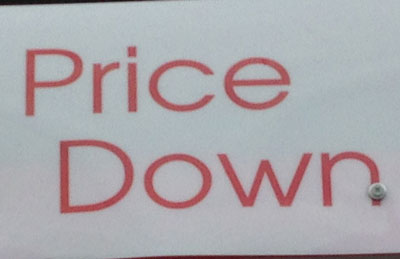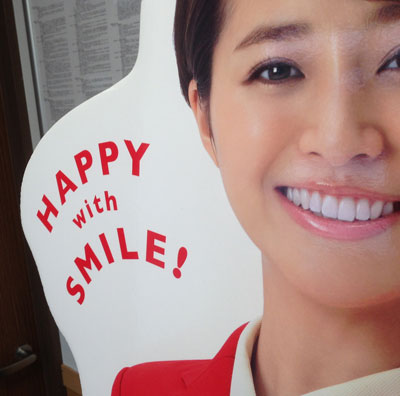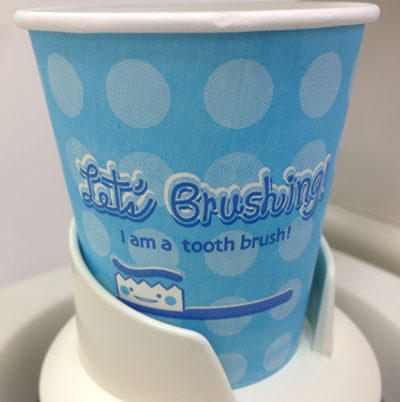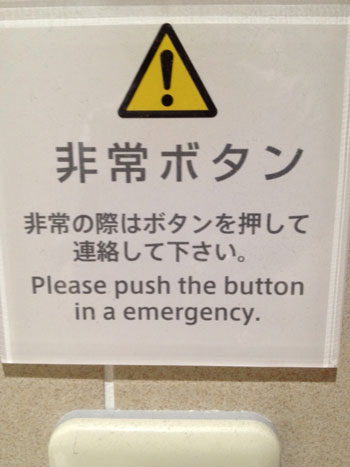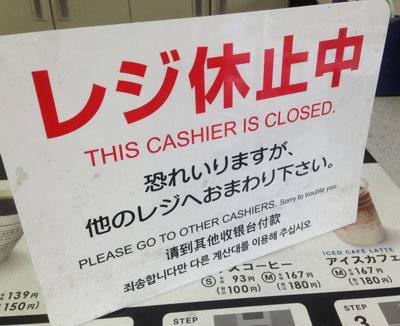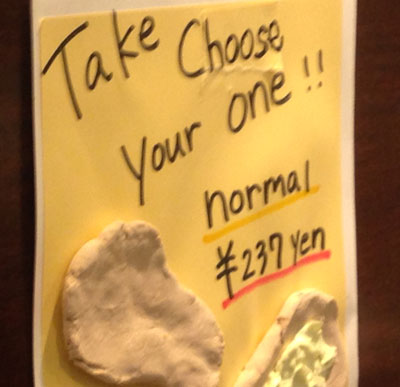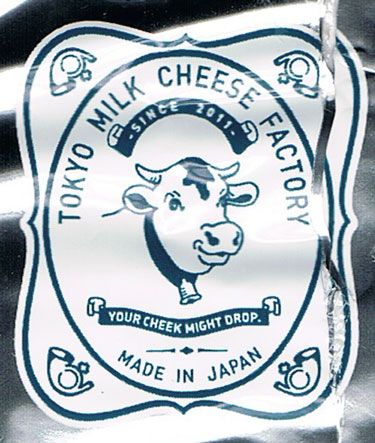
X Your cheek might drop
Tim says:
The English on this package is, of course, written with an intended audience of Japanese people. So this expression probably makes sense to you.
However, to a native-English-speaking audience, it’s complete nonsense. I had never heard the expression 「ほっぺたが落ちるほどうまい」, and I couldn’t understand what this package was trying to say. (It was so puzzling that my jaw dropped — meaning, I found it rather unbelievable!) When it occurred to me to translate it to Japanese and do a Web search, then I understood.
Personally, I don’t think it’s a good idea to translate Japanese idioms into English in this way. It could give Japanese the impression that they are common English expressions, leading them to use the expressions with native speakers — and then, not be understood!
O It’s delicious!
Ayumi says:
「ほっぺたが落ちるほど・・・」というのは、美味しいときによく使う表現ですが、このまま英語にしてしまうのは美味しくない (=まずい) でしょう。
Timは、”Your cheek might drop” という英訳を見て、「あごが落ちた」のだそうです。
drop one’s jawは、口をポカンと開けるイメージで驚いたときに使う表現。
こういうのはその言語特有のもので、他の言語にそのまま訳せるものではないですね。
だいぶ以前に “It’s just before breakfast.” なんて英語も見たことがあります。
「朝飯前」って日本人ならわかりますが・・・
英語ならば、It’s a piece of cake. でしょうか。
田中亜由美は「TOEICテスト クロストレーニング PART 1・2」などの本は販売中!ブログはこちら.
周囲にある英語を見て、果たしてそれが正しい英語なのだろうかと感じる英語はありますか?「あの英語は絶対に間違っている」という英語の表記はありますか?看板の写真を撮って、Machigai.comに送りましょう!とんでもない英語だったら、このコーナーで出します!


